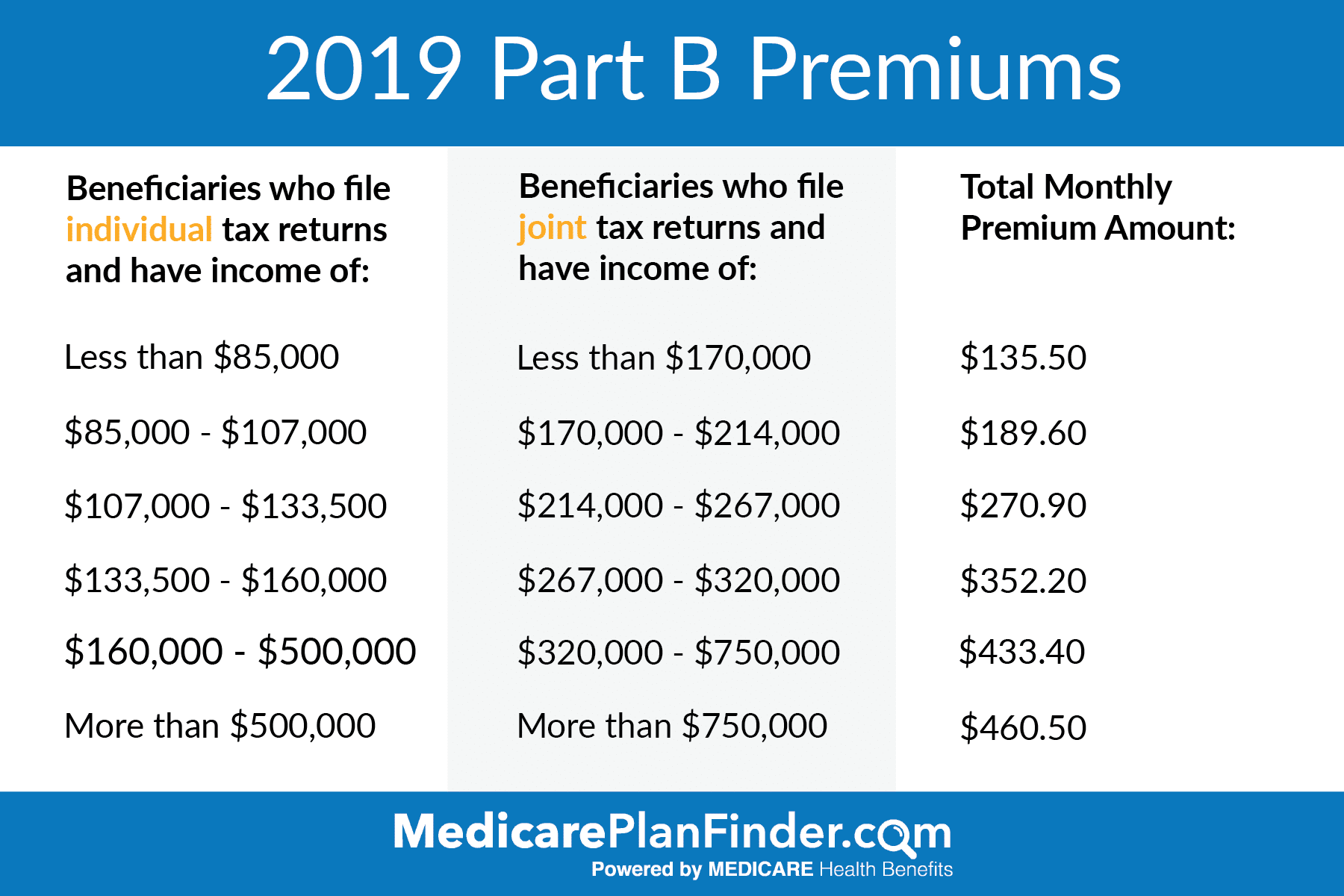The Medicare tax is a crucial component of the United States healthcare system, designed to fund the Medicare program that provides vital medical coverage for millions of Americans. However, understanding who is responsible for paying this tax can be confusing. In this comprehensive guide, we’ll explore the intricacies of the Medicare tax, who is required to contribute, and how it’s calculated.
What is the Medicare Tax?
The Medicare tax is a payroll tax that is withheld from your wages or self-employment income to fund the Medicare program. This program provides hospital insurance (Part A) and medical insurance (Part B) to individuals aged 65 and older, as well as younger individuals with certain disabilities or specific medical conditions.
The Medicare tax consists of two components:
-
Medicare Tax Rate: In 2023, the standard Medicare tax rate is 2.9%. This rate is typically split evenly between the employee and the employer, with each contributing 1.45%. However, self-employed individuals are responsible for paying the entire 2.9% tax rate.
-
Additional Medicare Tax: Individuals with higher incomes may be subject to an Additional Medicare Tax, which is an extra 0.9% tax on earnings above a specified threshold. This threshold is based on your tax filing status:
- Single filers: $200,000
- Married filing jointly: $250,000
- Married filing separately: $125,000
- Head of household: $200,000
- Qualifying widow(er) with dependent child: $250,000
Who Pays the Medicare Tax?
The Medicare tax applies to a broad range of individuals, including:
-
Employees: All employees, regardless of their age or citizenship status, are required to pay the Medicare tax on their wages. The tax is automatically withheld from their paychecks by their employers.
-
Self-Employed Individuals: If you are self-employed, you are responsible for paying the entire 2.9% Medicare tax on your net earnings from self-employment. This tax is reported and paid through your annual tax return.
-
High-Income Earners: Individuals with incomes above the specified thresholds are subject to the Additional Medicare Tax of 0.9% on their earnings that exceed the threshold amount.
It’s important to note that even individuals who are not currently eligible for Medicare benefits are still required to pay the Medicare tax. This tax helps fund the program for future beneficiaries and ensures its long-term sustainability.
Exceptions and Special Considerations
While the Medicare tax applies to most individuals, there are a few exceptions and special considerations:
-
Non-resident Aliens: Non-resident aliens who work in the United States are generally exempt from paying the Medicare tax on their wages, unless they are considered “resident aliens” for tax purposes or are married to a U.S. citizen or resident alien.
-
Household Employees: If you employ household workers, such as nannies or housekeepers, you may be responsible for paying the employer portion of the Medicare tax for these employees.
-
Tip Income: If you receive tips as part of your employment, the tips are considered wages and are subject to the Medicare tax.
Calculating Your Medicare Tax Liability
To calculate your Medicare tax liability, you’ll need to consider your employment status and income level. Here are a few examples:
-
Employee: If you’re an employee earning $60,000 per year, your Medicare tax liability would be $870 (1.45% of $60,000).
-
Self-Employed Individual: If you’re self-employed with a net income of $80,000, your Medicare tax liability would be $2,320 (2.9% of $80,000).
-
High-Income Earner: If you’re a single filer with an income of $250,000, your standard Medicare tax liability would be $3,625 (1.45% of $250,000). However, you would also be subject to the Additional Medicare Tax of 0.9% on the $50,000 that exceeds the $200,000 threshold, resulting in an additional $450 in Medicare taxes.
It’s essential to understand your Medicare tax obligations and plan accordingly. This tax plays a vital role in ensuring that the Medicare program can continue providing essential healthcare services to millions of Americans.
Key Takeaways
- The Medicare tax is a payroll tax that funds the Medicare program, providing hospital and medical insurance to eligible individuals.
- Most employees and self-employed individuals are required to pay the Medicare tax, regardless of their age or citizenship status.
- The standard Medicare tax rate is 2.9%, typically split between the employee and employer, or paid entirely by self-employed individuals.
- High-income earners may be subject to an Additional Medicare Tax of 0.9% on earnings above specific thresholds.
- Understanding your Medicare tax obligations and correctly calculating your liability is crucial for compliance and ensuring the long-term sustainability of the Medicare program.
By familiarizing yourself with the Medicare tax and its requirements, you can better plan for your financial obligations and contribute to the ongoing success of this essential healthcare program.

